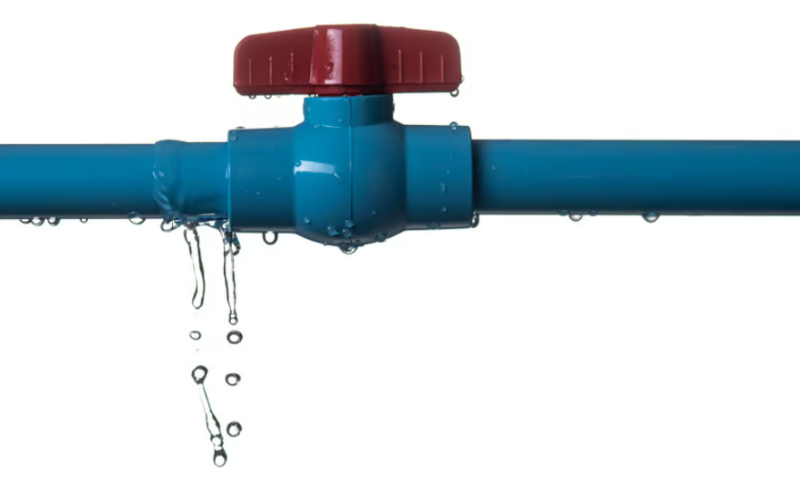Sanofi’s cancer strategy has suffered a major blow as the French Big Pharma jettisoned its only clinical-stage antibody-drug conjugate (ADC) after it failed to beat chemotherapy in a phase 3 trial of lung cancer patients.
The ADC, called tusamitamab ravtansine, originated from a long-running deal with ImmunoGen. The trial in question was evaluating the drug as a monotherapy in previously treated patients with metastatic non-squamous non-small cell lung cancer (NSCLC) whose tumors express high levels of a cancer-driving protein called carcinoembryonic antigen-related cell adhesion molecule 5 (CEACAM5).
Sadly for Sanofi, things haven’t gone to plan. The company announced this morning that an interim analysis by an independent data monitoring committee found that the ADC, a major focus of cancer research right now, did not beat the chemotherapy docetaxel when it came to progression-free survival, missing the study’s primary endpoint. As a result, the company is ending its tusamitamab ravtansine program.
The blow for the pharma is all the greater due to the oversized role tusamitamab ravtansine was playing in an otherwise relatively sparse oncology pipeline. As well as the phase 3 monotherapy trial, the company had been exploring the ADC in phase 2 trials in combination with Merck’s blockbuster cancer drug franchise Keytruda and Eli Lilly’s Cyramza for the likes of lung and gastric cancer.
In fact, since the discontinuation of the selective estrogen receptor degrader (SERD) amcenestran last year in the wake of a pair of breast cancer trial fails, tusamitamab ravtansine had been the only non-approved oncology drug in Sanofi’s phase 2 or phase 3 pipeline, meaning the loss of the anticipated regulatory submission next year will be felt all the greater.
Sanofi said today that it will “continue exploring the potential of antibody tusamitamab-based ADCs and CEACAM5 research in several types of cancer.” While none of these programs are yet listed in the company’s early-phase pipeline (PDF) published in October, the company referred to “additional anticipated trials.”
“Although the results are not what we hoped for, our research and work to advance potentially transformative therapies in areas of high unmet need for people living with cancer will not stop,” Sanofi’s Chief Medical Officer and Head of Development Dietmar Berger, M.D., Ph.D., said in this morning’s release. “We will continue to explore the potential of CEACAM5 as a biomarker in cancer types where it is highly expressed.”
The Big Pharma isn’t the only one to have struggled with CEACAM5. Bolt Biotherapeutics discontinued a preclinical CEACAM5-targeting immune-stimulating antibody conjugate last year over “off-target toxicity.” The biotech said at the time that it “continues to see CEA as a viable target but thinks a more selective antibody is needed.”
The phase 3 fail sends Sanofi to the back of the queue when it comes the ADC race among Big Pharmas that kicked up a gear in recent months. Merck & Co. handed over an eye-watering $4 billion upfront in October to co-develop three of Daiichi Sankyo’s ADC prospects, following in the footsteps of AstraZeneca and BioNTech, who have both bagged their own ADCs from the Japanese company.
Only last week, Bristol Myers Squibb got in on the ADC action, handing SystImmune $800 million upfront for a phase 2 solid tumor candidate. And yesterday, GSK licensed its second ADC from Hansoh Pharmaceutical.
Sanofi appeared to be at the head of the pack as recently as March 2022, when it signed a three-ADC deal with Seagen last year. However, none of these have yet made it into the clinic.

